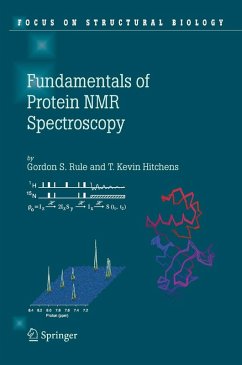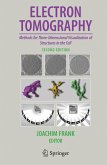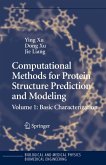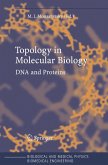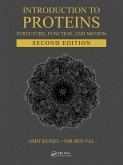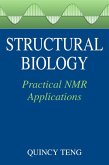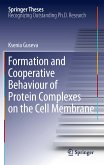NMR spectroscopy has proven to be a powerful technique to study the structure and dynamics of biological macromolecules. Fundamentals of Protein NMR Spectroscopy is a comprehensive textbook that guides the reader from a basic understanding of the phenomenological properties of magnetic resonance to the application and interpretation of modern multi-dimensional NMR experiments on
15N/
13C-labeled proteins. Beginning with elementary quantum mechanics, a set of practical rules is presented and used to describe many commonly employed multi-dimensional, multi-nuclear NMR pulse sequences. A modular analysis of NMR pulse sequence building blocks also provides a basis for understanding and developing novel pulse programs. This text not only covers topics from chemical shift assignment to protein structure refinement, as well as the analysis of protein dynamics and chemical kinetics, but also provides a practical guide to many aspects of modern spectrometer hardware, sample preparation, experimental set-up, and data processing. End of chapter exercises are included to emphasize important concepts. Fundamentals of Protein NMR Spectroscopy not only offer students a systematic, in-depth, understanding of modern NMR spectroscopy and its application to biomolecular systems, but will also be a useful reference for the experienced investigator.
Dieser Download kann aus rechtlichen Gründen nur mit Rechnungsadresse in A, B, BG, CY, CZ, D, DK, EW, E, FIN, F, GR, HR, H, IRL, I, LT, L, LR, M, NL, PL, P, R, S, SLO, SK ausgeliefert werden.

